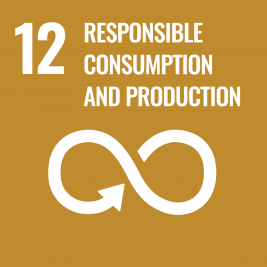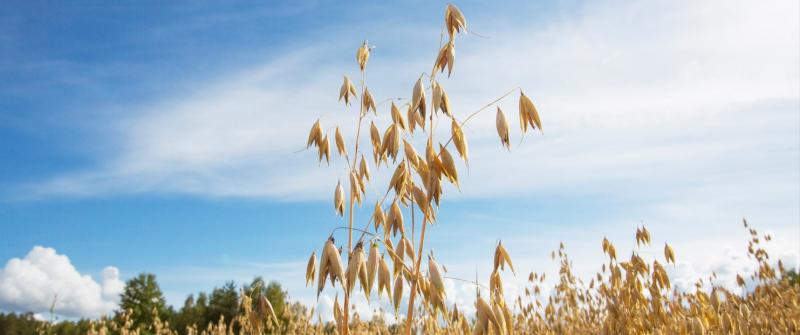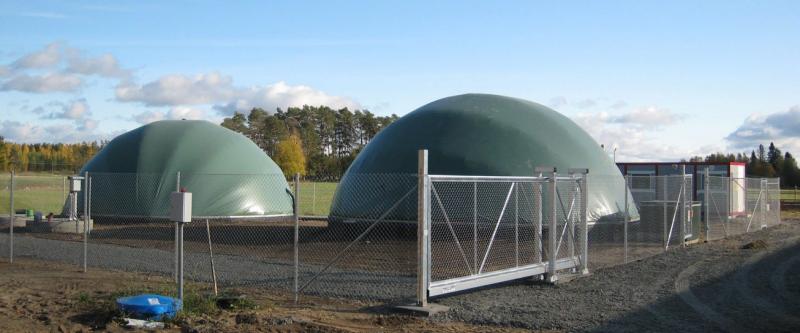
SDG 12: Responsible consumption and production
On this page

Ensure the sustainability of consumption and production patterns
Luke's goal is to produce research-based solutions to ensure the sustainability of consumption and production patterns. Circular economy enables the wise and full use and consumption of natural resources. New business opportunities and regional activity can be created by optimising different material flows and using main and secondary flows more efficiently, .
Through research, Luke is enabling a fair and just transition, e.g. in energy and food sectors. Examples of this work in the Sustainability Report are the development of biogas production and the diversification of oat use. In both areas, co-operation with different stakeholders is a prerequisite for change.
12.2 Achieve sustainable and efficient use of natural resources by 2030
Finnish oat for even more versatile and wider use
About 14% of European oats are produced in Finland. The use of food oats has doubled in the last 10 years. Sustainably produced, healthy and versatile oats have become a strong part of our diet.
In recent years, the variety properties, chemical composition and process properties of oats have been extensively studied in Luke. In 2021, Luke sequenced the entire genus of the Finnish Aslak oat variety. This information can be used, for example, to develop new varieties that are more resistant to climate change and more protein rich.
The production of high-quality oats generates a significant number of by-products. Luke produces organic matter from oat by-products and straw, which improves the structure of the soil, retains nutrients, and binds carbon. In addition, biocomposites and packaging materials from straw and oat husks are being developed to replace plastic.
Megatrends such as climate change, sustainable development, lifestyle changes and focus on well-being are influencing the way people choose more tasty vegetarian options in their shopping carts in the future.

Sustainable practices in the processing chains of biogas production
Biogas production is expected to reduce emission from the treatment and use of by-products from production and consumption. The aim is to increase biogas production both to produce renewable energy and to recycle nutrients and carbon.
Ensuring the sustainability of the whole processing chain of biogas plants is important because inadequate technologies and poor practices can even increase emissions. We need to know the best practices in the design and operation of the plant and use of biogas and digestate.
The KEBIO project (2021–2022) compiles guidelines for the biogas industry on sustainable practices in biogas plants and use of their end products.
